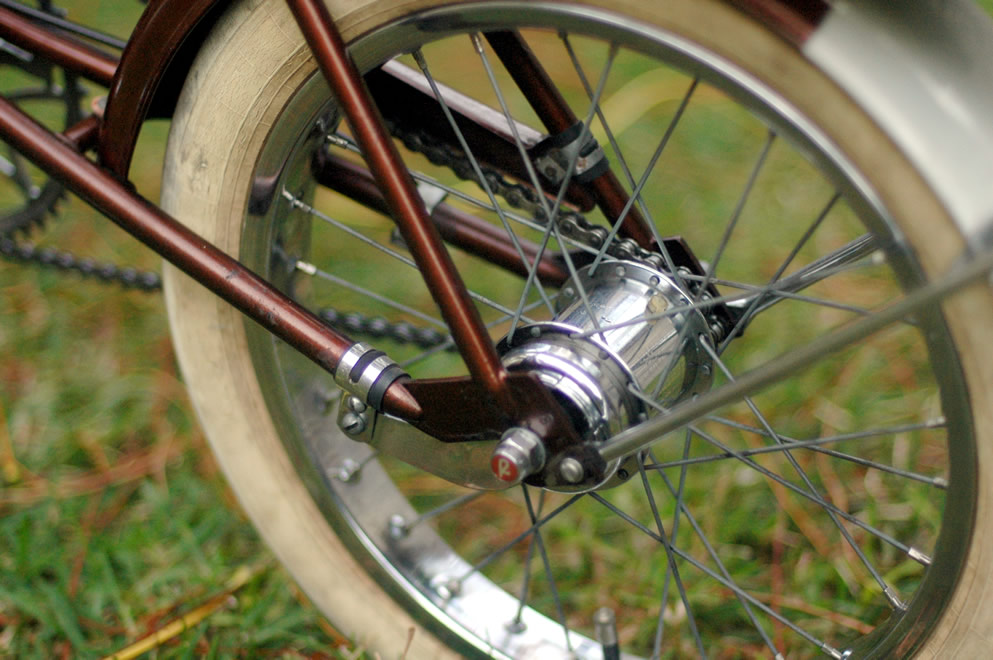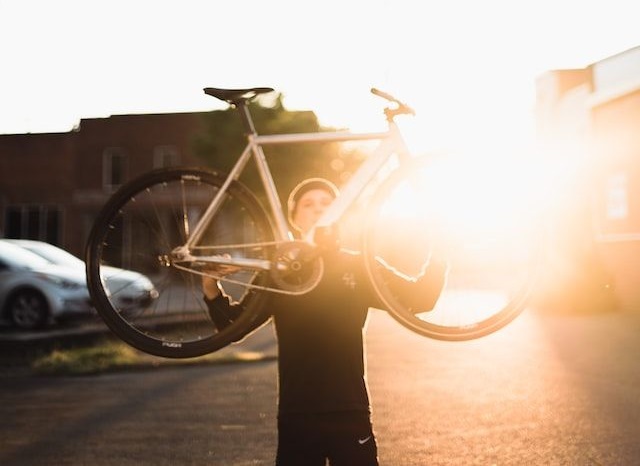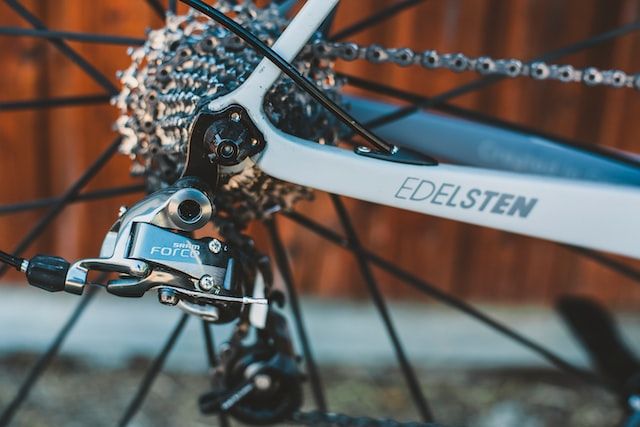Bikes come in all shapes, and that’s one thing that makes them so special. They are equipped with all different types of components, and they change year after year as the technology improves and grows. Brakes have changed a lot over the years, and there are many types that people don’t know about or just don’t understand.
A coaster brake is very unique, and many people don’t know what they are or have misconceptions about how to use them. In this article, we’re going to be telling you all about coaster brakes and if they are for you.
What is a Coaster Brake?
A Coaster Brake is unlike any other braking system you might find on a modern day bike. They were originally invented in the 1980s, and slowly although very popular in the past, they are now used much less. A coaster brake works in a unique way. When riding your bike, you pedal to drive yourself forward. When going downhill, you can ease off, and the bike will freewheel, but with a coaster brake, if you pedal backward, the bike will brake. It’s very much like a fixed gear bike but with the ability to freewheel or coast.
What Does a Coaster Brake Look Like?
A Coaster Brake is hidden in the rear hub and is very difficult to identify on bikes with this braking system. The best way to identify it is most Coaster Brake bikes has a brake arm attached to the chainstay. Generally, this bike will be single-speed, but you will find geared options on the market.
What is a Coaster Brake Like to Ride?
A coaster brake bike works like most bikes. You have the ability to pedal forward. You have the ability to freewheel. The only big difference is in the braking. Instead of having a lever, you have to pedal backward to engage the brake.
How Does a Coaster Brake Work?

A Coaster Brake is a unique system that works in a very interesting way. On the axle of the rear hub, you have a screw thread system. So when pedaling forward, it goes in one direction of the screw, which pushes towards one side, releasing the wheel toward a set of bearings. If you turn the pedals the other way, it heads down the screw thread towards a braking system.
The Pros and Cons of a Coaster Brake
Like with any different riding system, you have advantages and disadvantages. With a coaster braking system, you might actually be surprised at this as they are very efficient but also come with big drawbacks.
Pros
Excellent in all weather conditions
The beauty of a coaster brake is that it is all internal and sealed away from any outdoor weather. So no matter if there’s rain or shine, your brakes will work excellently.
No Cables
On a coaster braking system, no cables are run from the handlebars to the wheels. So the bike looks incredibly clean, and it looks fantastic.
Low maintenance
Another excellent advantage of the coaster brakes is that they require little to no maintenance. This means you do not have to get the brakes worked on every service.
Great for people with low hand strength
If you struggle pulling brake levers or have issues with your hands, a coaster brake is an ideal way to slow down without causing any issues.
Can roll backward
Unlike a typical geared bike, when rolling backward, you can still freewheel. This is excellent for acrobatic riders and trick riders.
Cons
They can be aggressive when braking
A coaster brake can cause the wheel to skid under braking. They are pretty harsh, and they do take time to get used to.
Starting Position
On a modern bike, you can turn the pedals backward freely to get a great starting position when you first grab the bike. On a coaster brake bike, you can’t. It can make it awkward.
They are prone to overheating
When using a coaster brake in a mountainous area, you are prone to fading brakes under heavy use. This isn’t something you want, especially on steep descents.
When they break, they break
Unlike other braking systems, when they go, you normally have a spare brake, or you still have the ability to ride slowly. When the coaster brake bike breaks, it’s pretty useless until it is repaired.
Ratios affect braking too
Unlike other bikes, depending on the ratio, this affects the braking, and we will discuss this later in this article.
Why Don’t We See Many Coaster Brake Bikes in Modern Days?

Coaster brakes are old technology. There are much better systems on the market now that are more efficient, reliable, and easier to fix. In recent years with the advancement of disc brakes, we’re seeing most bikes go in this direction as they are just superior in reliability and power. Also, the cost of disc brakes has hugely dropped, with so many being produced.
We Think You’ll Like: How to Clean Mountain Bike Disc Brakes
How Does the Ratio of the Gearing Affect Braking?
Typically on a coaster brake system, you have a single cog on the rear. Depending on the size of this cog, it completely changes not just the bike’s ability but also the braking. If you have a larger cog on the back, giving you better climbing ability, your brake won’t engage as quickly. If you have a more aggressive gear or a smaller cog, then the brake will engage quickly, but it’s harder to ride hills.
Should I Get a Bike With a Coaster Brake?
Coaster brakes are good, but they are very old technology. They can be difficult to use and aren’t that efficient realistically. You will get much more from a disc brake or rim brake system. It’s going to be much easier to use and maintain. Thanks for reading!
